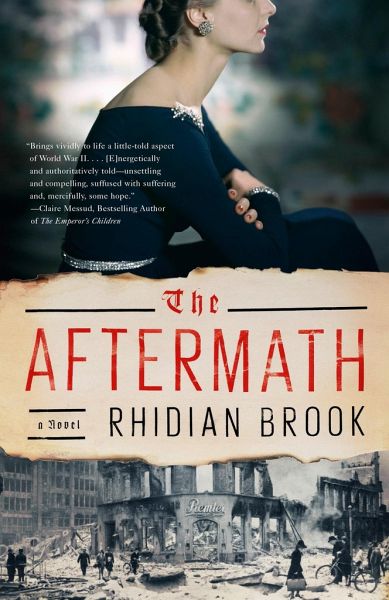

Who else in the novel might this describe?ġ3. the bad in someone…is buried quite deep” (page 162). After Herr Koenig is exposed as a member of the Nazi Special Police, Lewis tells Edmund, “Sometimes. When Edmund sees that his father’s cigarette case doesn’t hold a picture of him, why does he react so calmly? And later, when he asks Lewis about it, why doesn’t he push for an explanation?ġ2. What makes Freda so susceptible to Albert and his cause?ġ1. How much did you know about postwar German resistance?ġ0. The “resistance movement” in the novel is very different from what most of us think when we hear that term. It is ‘why?’ But it is more ‘Why did this happen? For what reason?’” (page 69) Later, after the shooting, Lewis tries to play the same piece (page 246). Stefan tells her the title “doesn’t translate exactly. Rachael learns to play a piece by Schumann called “ Warum”. How does the presence-or loss-of family members affect the characters’ attitudes?Ĩ. There are several families in the novel, and multiple orphans. Why did Michael’s death affect each family member so differently? How does each of them, ultimately, begin to heal?ħ.

Why do you think Lewis is so soft-hearted, compared to the other British officers? During the novel Rachael seems bothered by his leniency, but do you think it was a trait she viewed differently before the war?Ħ. How does the concept hold them back, or help them?ĥ. Several times in the novel, characters mention Stunde Null, the Zero Hour. On page 6, Wilkins says that, as Germans, the Luberts are “not allowed the luxury of disappointment.” What does he mean by that? Who is allowed to be disappointed?Ĥ. What is the beast? What does it symbolize?ģ. What do you think the title represents?Ģ.

The novel’s title appears to be straightforward, but there are many types of aftermath within.


 0 kommentar(er)
0 kommentar(er)
